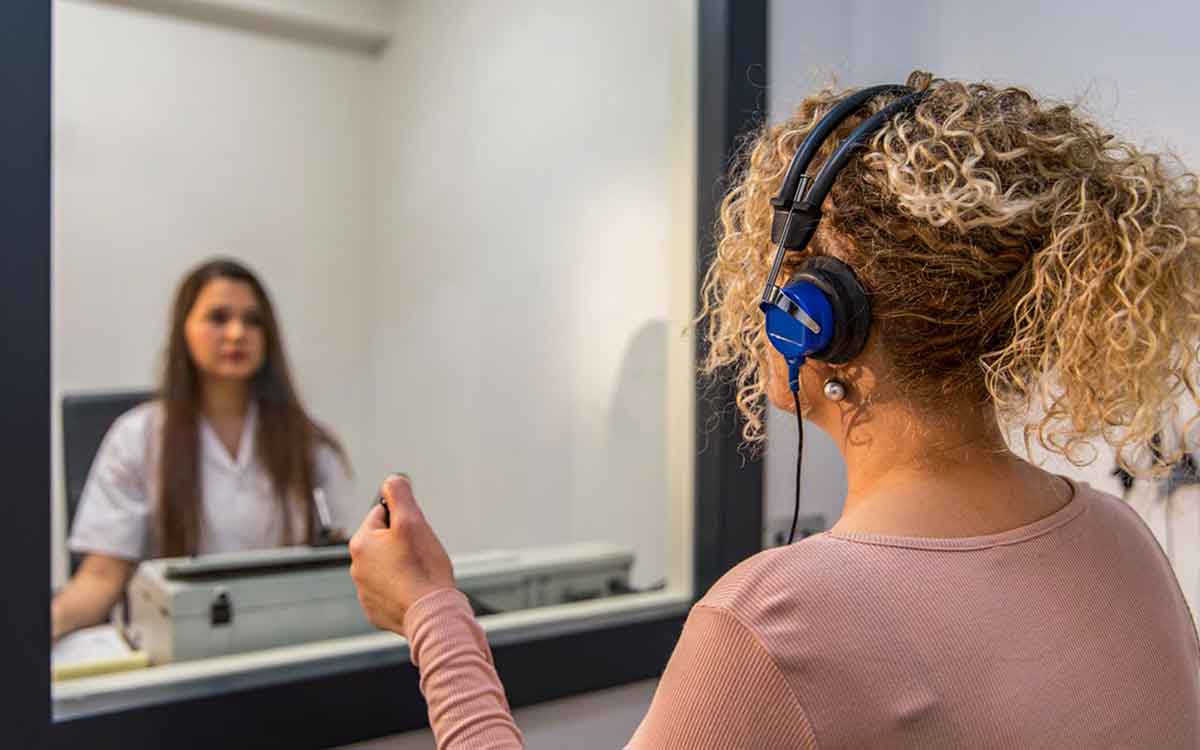
At what point should you consider having your hearing evaluated? Here are several signs you need to get your hearing checked.
The other day, my kids complained about how loud my television was. My answer …” What?!” It was funny because it was a joke. But it also wasn’t. The volume of the TV has been escalating. And I started to question whether I should set up a hearing test.
There aren’t many reasons not to set up a hearing exam. They’re not invasive, there’s no radiation, and you don’t have to worry about discomfort. You just need to take a brief moment to set up an appointment.
Given the significant effect that unaddressed hearing loss can have on your general well-being, it’s critical to be proactive about keeping an eye on your hearing.
You should get your hearing assessed if you observe these signs
If you’ve recently noticed any signs of hearing loss, it’s probably a good idea to get a professional hearing screening. Obviously, if things are difficult to hear, that’s a pretty strong indication of hearing loss.
- It’s hard to hear in noisy locations: Have you ever been to a crowded or noisy room and had trouble keeping up with the conversation because of all the background noise? It’s possible that this might be an indication of impaired hearing.
- People always seem to be talking unclearly: The issue may not always be volume but instead clarity.
- You frequently miss text messages: Your phone is meant to be loud. If you frequently fail to notice incoming calls or texts, the issue may be that you’re not able to hear them.
- Ringing that won’t go away: Ringing in your ears, also known as tinnitus, is often an indication of hearing damage.
Other signs you should make an appointment for a hearing test:
- Your ear hasn’t cleared after an infection
- You have a buildup of earwax you can’t clear by yourself
- You take specific medications that can harm your hearing
- Determining where sounds are originating from can be difficult
- You have vertigo
Routine hearing evaluations
Even if you aren’t observing any obvious symptoms, it’s still significant to schedule regular hearing tests.
- It is encouraged to have a baseline test carried out after reaching the age of 21.
- For individuals with typical hearing, it’s advised to have a hearing exam every three years.
- If you display symptoms of hearing loss, have it evaluated immediately and then yearly thereafter.
Regular assessments can help you detect hearing loss before any red flags appear. The earlier you seek treatment, the better you’ll be able to preserve your hearing in the long run. So you should decrease the volume on your television and think about setting up a hearing test.

